Skyscrapers, prison cell-like living quarters, stressful mediocre jobs and impersonal city life do not encourage friendliness, let alone a sense of community. A city is simply a place where large groups of lonely people live together. The ostensible connectedness that cellphones and devices alike offer is attenuated by the unexpected consequence of decreasing the desire to connect with others, contributing to loneliness and isolation overtime. Researchers have observed subjects using cellphones for a short period of time were less likely to volunteer for a community service activity when asked compared to a control group. In addition, the cellphone users were less determined in solving word problems, even when the amount of correct answers would be matched by a monetary donation to charity. This deflated focus on others persisted even when the cellphone users were requested to draw an image of a cellphone and think about using it. The researchers posit, “The cellphone directly evokes feelings of connectivity to others, thereby fulfilling the basic human need to belong.” The researchers suggest that this feeling results in a reduced desire to actually connect with others or to engage in empathetic and prosocial behavior (Abraham, Pocheptsova & Ferraro, 2019). Loneliness also correlates with Internet use (Hu, 2009). Researchers observed that online chatting resulted in increased loneliness (Hu, 2007). Jacob Needleman, professor of philosophy at San Francisco State University, suggests that the loneliness that we as a society are experiencing cuts people off, not just from each other, but also from some harmonizing force in themselves. Our society is lacking an essential harmonious relationship with some universal force (Needleman, 2014). The absence of this essential harmonious relationship will not be filled by Facebook, Instagram, or any other social networking website. References Abraham, Ajay & Pocheptsova, Anastasiya & Ferraro, Rosellina. (2019). The Effect of Mobile Phone Use on Prosocial Behavior.
Dossey, L. (2013). One Mind. Carlsbad: Hay House. Hu, M (2007). Social Use of the Internet and Loneliness. Hu, M. (2009). Will Online Chat Help Alleviate Mood Loneliness?. Cyberpsychology & Behavior, 12(2), 219-223. doi: 10.1089/cpb.2008.0134 Needleman, J. (2014). The heart of philosophy. New York: Jeremy P. Tarcher. Meditation is the practice of being in the here and now. Researchers have long observed that meditation, or the sense of presence, has the ability to:
Meditation has the ability to fundamentally change the way you live. Researchers have observed individuals who meditate and have discovered that the human mind wanders nearly half of the day. Moreover, research suggests that a wandering mind is a better predictor of happiness, independent of financial security. In essence, if your mind is wandering, you are much less likely to be happy. The sense of the present moment determines happiness. Meditation develops two important skills to help keep the mind from wandering. The first is the ability to remain focused and attentive. The second, is the ability to recognize when the mind wanders so that it can gently be returned to the present moment. An crucial concept to grasp before diving into meditation is the relaxation response. In the modern world, stress is chronic. The modern world is deluged with a vast amount of information and moves at such as fast pace, and this places everyone experiencing it in a state of stress. This often results in a surge of cortisol and adrenaline, hormones released by the adrenal glands, which activates the sympathetic nervous system, also known as the fight or flight response. As a result, the mind turns outward, seeking to evaluate and resolve anything that is the source of the stress. Unless you are relaxed, out of fight or flight, you cannot meditate. Activation of the parasympathetic nervous system must occur (the mind must be turned inward) in order to practice meditation. This balance can be achieved by learning the relaxation response. Relaxation is the first step to meditation. The key to the relaxation response is noticing what happens in your body when the response is activated. What physiologic cues are revealed to you when you are relaxed? It is different for everyone. Some may experience a release of tension in the shoulders, others in the neck, many in the jaw. What is important is knowing when your body is relaxed and is ready to begin meditating. In 1975, Herbert Benson wrote the book "The Relaxation Response". As a cardiologist, he noticed that many of his patients who had high blood pressure felt worse with the medications that he prescribed. Patients simply visiting him made matters worse. Benson discovered that stress was the culprit and relaxation was the cure. Benson reluctantly began working with transcendental meditation meditators because they claimed to be able to reduce their blood pressure. He observed that they were in fact correct. The meditators were able to successfully reduce their heart rate, metabolic rate, and breath rate. Benson coined this effect the "relaxation response". After researching this phenomena more he discovered that the relaxation response could be triggered easily, quickly, and anywhere. Just as stress can be triggered in a variety of ways, so too can relaxation, including meditation. Benson later discovered four key components underlying the relaxation response:
Eventually, Benson later discovered that only the last two are required, a mental device and an allowing attitude, to activate the relaxation response. This means that anyone can tap into the relaxation response anywhere and anytime. ReferencesBenson, H., & Klipper, M. (2000). The relaxation response. New York: HarperCollins.
Fredrickson, B. L., Cohn, M. A., Coffey, K. A., Pek, J., & Finkel, S. M. (2008). Open hearts build lives: Positive emotions, induced through loving-kindness meditation, build consequential personal resources. Journal of Personality and Social Psychology, 95(5), 1045-1062. http://dx.doi.org/10.1037/a0013262 How many hugs have you had today? Neuroeconomist Paul Zak, also known as "Dr. Love," recommends at least eight hugs a day to feel happier and more connected, as well as nurture relationships. As psychotherapist Virginia Satir said: "We need 4 hugs a day for survival. We need 8 hugs a day for maintenance. We need 12 hugs a day for growth." There may very well be a "hug threshold" that allows your body to produce ample amounts of oxytocin, which is released in response to physical touch such as breast-feeding, orgasm, hugs, snuggling, holding hands, partner dance, massage, bodywork, and prayer. The neuropeptide oxytocin, released by your pituitary gland, is a naturally occurring hormone in the body with incredibly powerful, health-giving properties. This "love hormone" is also a key reason why the simple act of hugging is such an incredible way to enhance bonding with others but also boost your physical, and emotional, health. How Hugging Makes You Healthier Hugging increases levels of oxytocin, a neurotransmitter that acts as a hormone. This, in turn, has been observed to have beneficial physiological effects on your cardiovascular health and emotional happiness. One group of researchers observed, for example, a reduction in blood pressure among adults following a brief episode of warm contact with their partner. A 20-second hug, along with 10 minutes of hand-holding, reduces the harmful physical effects of stress, including its impact on your blood pressure and heart rate (Grewen, Anderson, Girdler & Light, 2003). This makes sense, since positive physical contact as hugging and reduces cortisol, increases oxytocin, and lowers systolic blood pressure in stressful situations (Holt-Lunstad, Birmingham & Light, 2008). But researchers suggest there is even more to it than that. The skin contains a network of tiny, egg-shaped rapidly adapting mechanoreceptors called Pacinian corpuscles with a large receptive field that can sense pressure and vibration and which are in contact with the brain through the vagus nerve. The vagus nerve winds its way through the body and provides input and receives sensation from the heart, liver, and digestive tract. (Freberg, 2006). The vagus nerve is also connected to oxytocin receptors. One theory is that stimulation of the vagus triggers an increase in oxytocin, which in turn leads to the cascade of health benefits. A 10-second hug a day can lead to biochemical and physiological reactions in your body that can significantly improve your health. Hugging has been observed to stimulates your nervous system while decreasing feelings of loneliness, combating fear, increasing self-esteem, defusing tension, and showing appreciation. According to researchers, hugging has been observed to (Forsell & Åström, 2012):
The effects of connection There's no doubt that physical touch of all kinds feels good. Whether it is a hug or a handshake, physical touch has a powerful effect on the human psyche resulting in us feeling happy, regardless if you are the toucher or touchee; connection, big or small, results in happiness. Yet, many people are touch-deprived. One poll found that one-third of people receive no hugs on a daily basis while 75 percent said they wanted more hugs. Findings such as these, coupled with the emotional and health benefits of human touch, have led to the emergence of cuddle therapy centers, where people can pay for a lunchtime cuddle. However, some have questioned whether or not physical contact from strangers has the same impact as those from someone you know and trust. While cuddling with a spouse or partner has been shown to boost satisfaction in relationships, some researchers have observed that hugs are only beneficial if trust is involved. Neurophysiologist Jürgen Sandkühler, Head of the Centre for Brain Research at the Medical University of Vienna actually cautioned against worldwide "free hugs" campaigns (where strangers offer hugs to others), saying that this may be perceived as threatening and actually increase emotional burden and stress. However, significant benefits have been found from cuddling with a pet, which shows hugs don't have to only be between humans to be beneficial to your heart and overall health. The Importance of Hugging On average, people spend on hour a month hugging. That doesn't seem like much, but when you consider that the average hug is 3 seconds long, that adds up to be a lot of hugs. And if you had any doubt about the importance of touch, consider that children who lack physical connection have delays in walking, talking, and reading. The act of hugging has a near-immediate impact on health, lowering your heart rate and inducing a calming effect while also leading to a more upbeat mood. Touch is described as a universal language that can communicate distinct emotions with startling accuracy. Researchers observed that touch alone can reveal emotions including anger, fear, disgust, love, gratitude, and sympathy, with accuracy rates of up to 83 percent (Hertenstein, Holmes, McCullough & Keltner, 2009). Hugging is a way to encourage your body to release oxytocin, and the more oxytocin your pituitary gland releases, the better able you are to handle life's stressors. Moreover, oxytocin quite likely plays a role in why pet owners heal more quickly from illness, why couples live longer than singles, and why support groups work for people with addictions and chronic diseases. Oxytocin has also been found to reduce the cravings of drug and alcohol addiction, as well as for sweets. It even has a positive influence on inflammation and wound healing. Even beyond this, regular hugs have the added benefit of:
Do You Need a Hug? Often making a concerted effort to hug the people close to you is one of the best ways to get more hugs in return. This can include your spouse, children, and other family members along with close friends. But even if you're not currently in a life situation conducive to getting daily hugs and producing enough of your own oxytocin on a regular basis, the good news is there are some alternatives you can use to help you deal in a healthy way with your emotional response to stress and anxiety. With the already known and still-to-emerge health and quality of life benefits to be derived from the natural release of oxytocin in your body, your best course of action is to make sure you're cultivating warm, loving, intimate relationships, no matter what stage of life you're in. Additionally, if you have a pet, just a few minutes petting your dog or cat can promote the release of your body's "happiness" hormones, including oxytocin. Since touch anywhere on your body, as well as positive interactions and psychological support, are known to increase oxytocin levels, you might also consider:
References Chillot, R. (2013). The Power of Touch. Retrieved from https://www.psychologytoday.com/us/articles/201303/the-power-touch
Forsell, L., & Åström, J. (2012). Meanings of Hugging: From Greeting Behavior to Touching Implications. Comprehensive Psychology, 1, 02.17.21.CP.1.13. https://doi.org/10.2466/02.17.21.CP.1.13 Freberg, L. (2006). Discovering biological psychology (2nd ed.). Wadsworth: Cengage Learning. Grewen, K., Anderson, B., Girdler, S., & Light, K. (2003). Warm Partner Contact Is Related to Lower Cardiovascular Reactivity. Behavioral Medicine, 29(3), 123-130. https://doi.org/10.1080/08964280309596065 Hertenstein, M., Holmes, R., McCullough, M., & Keltner, D. (2009). The communication of emotion via touch. Emotion, 9(4), 566-573. https://doi.org/10.1037/a0016108 Holt-Lunstad, J., Birmingham, W., & Light, K. (2008). Influence of a “Warm Touch” Support Enhancement Intervention Among Married Couples on Ambulatory Blood Pressure, Oxytocin, Alpha Amylase, and Cortisol. Psychosomatic Medicine, 70(9), 976-985. https://doi.org/10.1097/psy.0b013e318187aef Mercola, J. (2014). How Hugging Makes You Healthier and Happier. Retrieved from https://articles.mercola.com/sites/articles/archive/2014/02/06/hugging.aspx Richardson, J. (2014). 9 Reasons You Need To Be Giving and Receiving Hugs Everyday. Retrieved from http://preventdisease.com/news/14/012314_9-Reasons-Need-Giving-Receiving-Hugs-Everyday.shtml Zhivotovskaya, E. (2012). Oxytocin: Go Out and Touch Someone. Retrieved from https://positivepsychologynews.com/news/emiliya-zhivotovskaya/2012032321636 kwod-rait-us fe-mo-ris Action
Origin
Insertion
Nerve
Location: Deep to gluteus maximus BLMs: Greater trochanter, ischial tuberosity Action: "Laterally rotate your hip" pir-i-form-is Action
Origin
Insertion
Nerve
Location: Deep in gluteus maximus BLMs: Sacrum, greater trochanter Action: "Laterally rotate your hip" pek-tin-e-us Action
Origin
Insertion
Nerve
Adductor group Location: Superficial and deep, medial thigh BLMs: Pubic tubercle, rami and ischial tuberosity Action: "Squeeze your thighs together" ob-tu-ra-tor in-tur-nus Action
Origin
Insertion
Nerve
ob-tu-ra-tor ex-tur-nus Action
Origin
Insertion
Nerve
i-lee-a-cus Action With the origin fixed:
Origin
Insertion
Nerve
Location: Deep in abdomen BLMs: Iliac fossa and crest Action: "Bring your knee toward your chest" or "flex your hip" gra-cil-is Action
Origin
Insertion
Nerve
Adductor group Location: Superficial and deep, medial thigh BLMs: Pubic tubercle, rami and ischial tuberosity Action: "Squeeze your thighs together" What can we all do to overcome the stress and anxiety that seems to pervade our news and daily interactions these days? In other words, how do we keep ourselves peaceful, healthy and thriving in these chaotic times we find ourselves in?
In this interview, Rosemary Gladstar shares a handful of herbs that can be used to keep your body centered and at peace – including one slightly controversial plant if you’re feeling adventurous. What is most striking about this interview is the deep wisdom that the legendary medicine woman shares. Her perspective is one worth listening to. The stress-healing herbs Rosemary mentions are:
|
The Awareness domain contains research, news, information, observations, and ideas at the level of self in an effort to intellectualize health concepts.
The Lifestyle domain builds off intellectual concepts and offers practical applications.
Taking care of yourself is at the core of the other domains because the others depend on your health and wellness.
Archives
May 2024
Categories
All
|


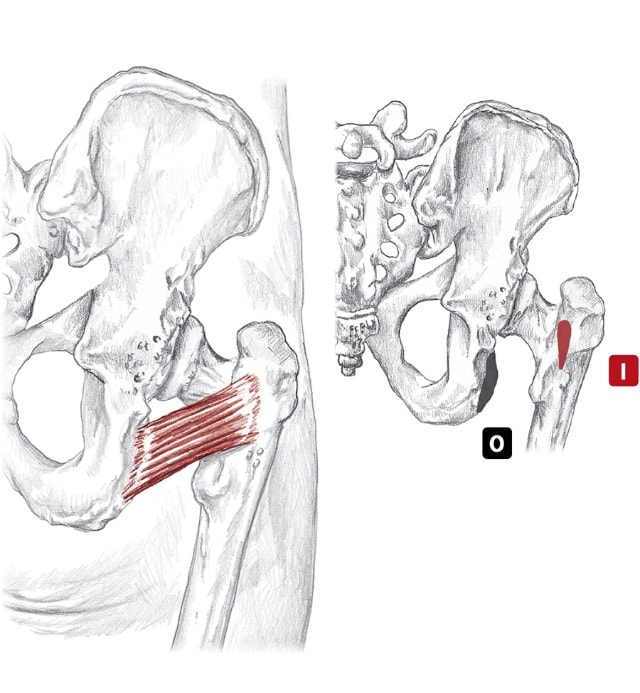
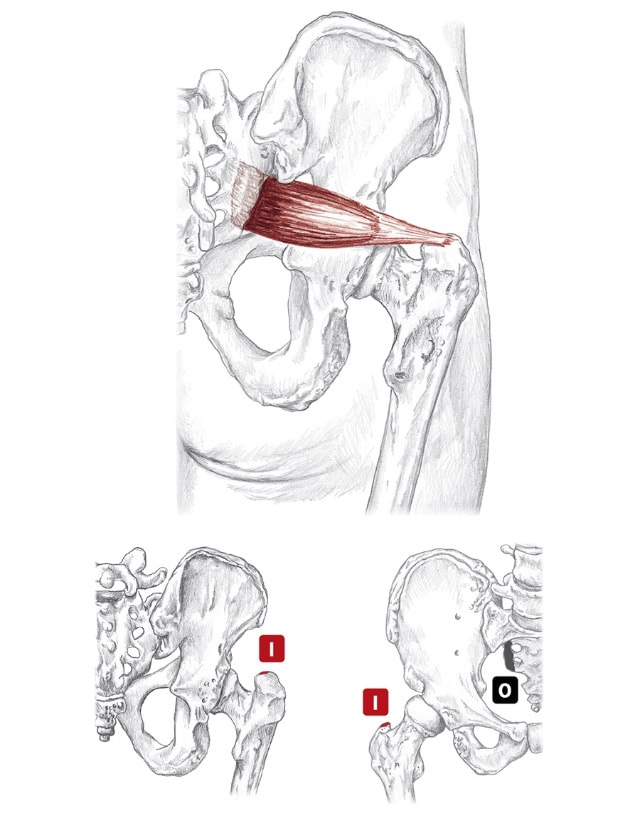
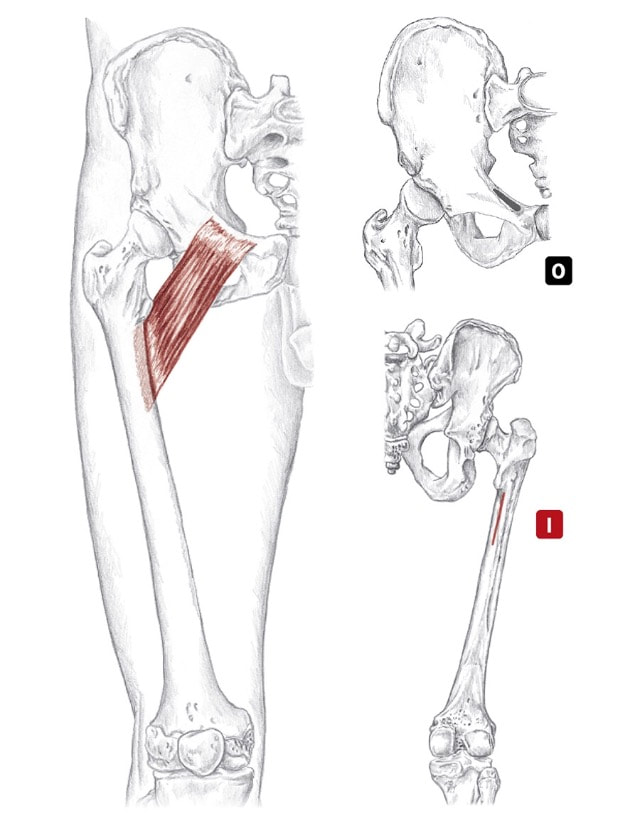
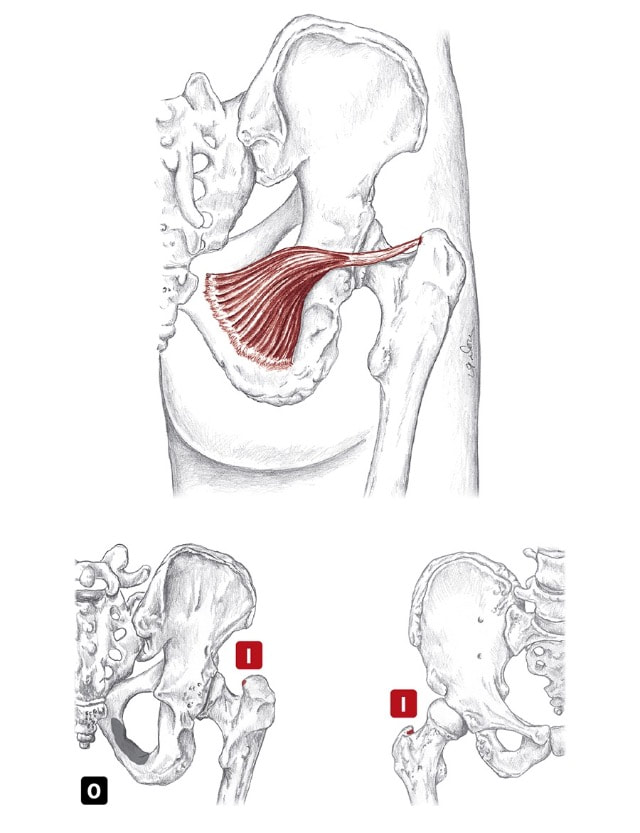
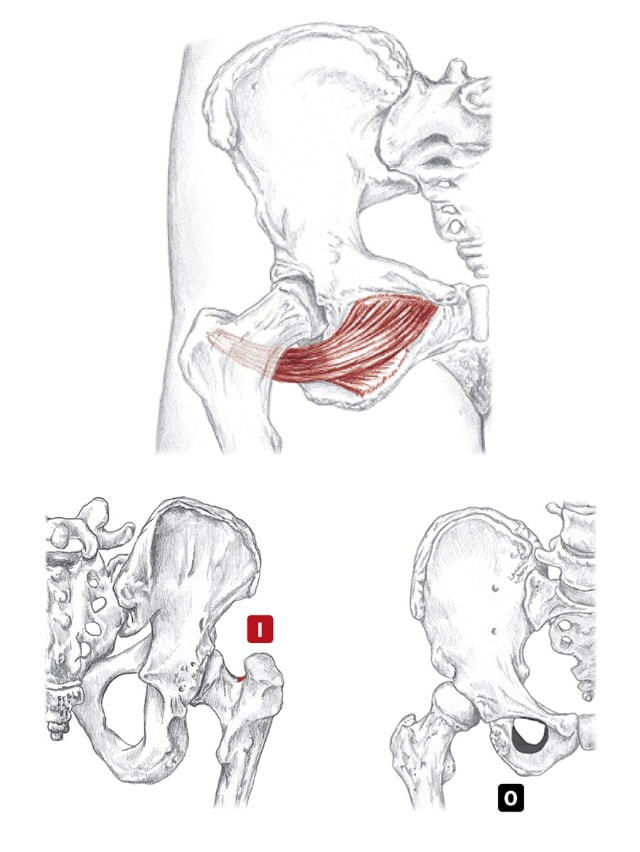
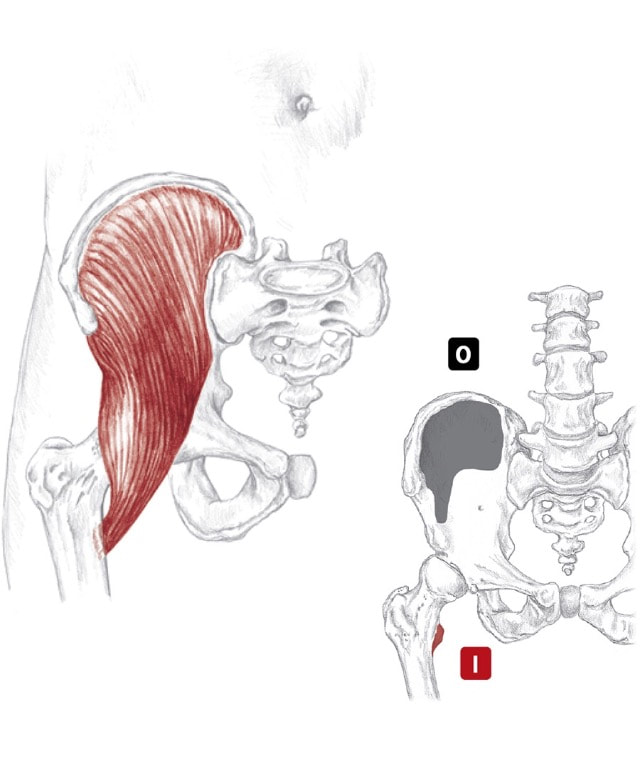
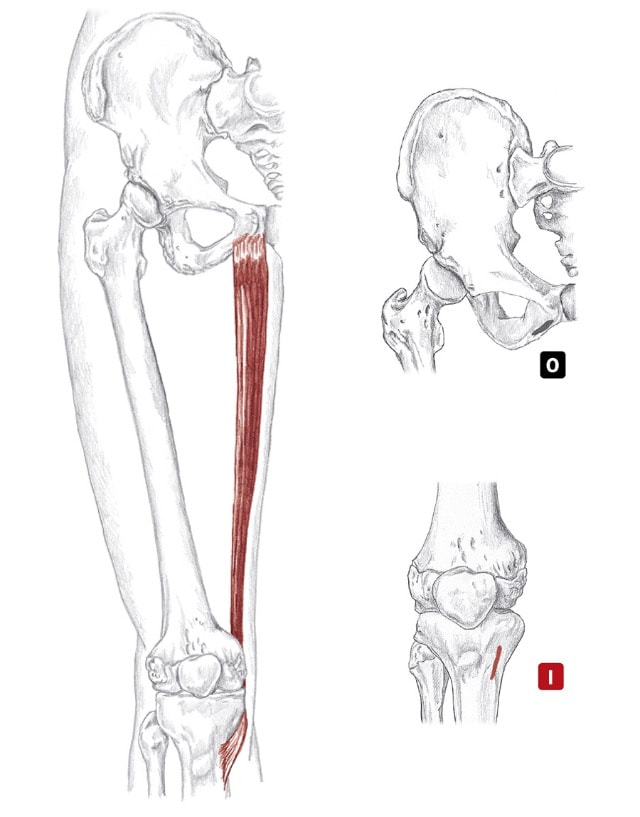
 RSS Feed
RSS Feed

